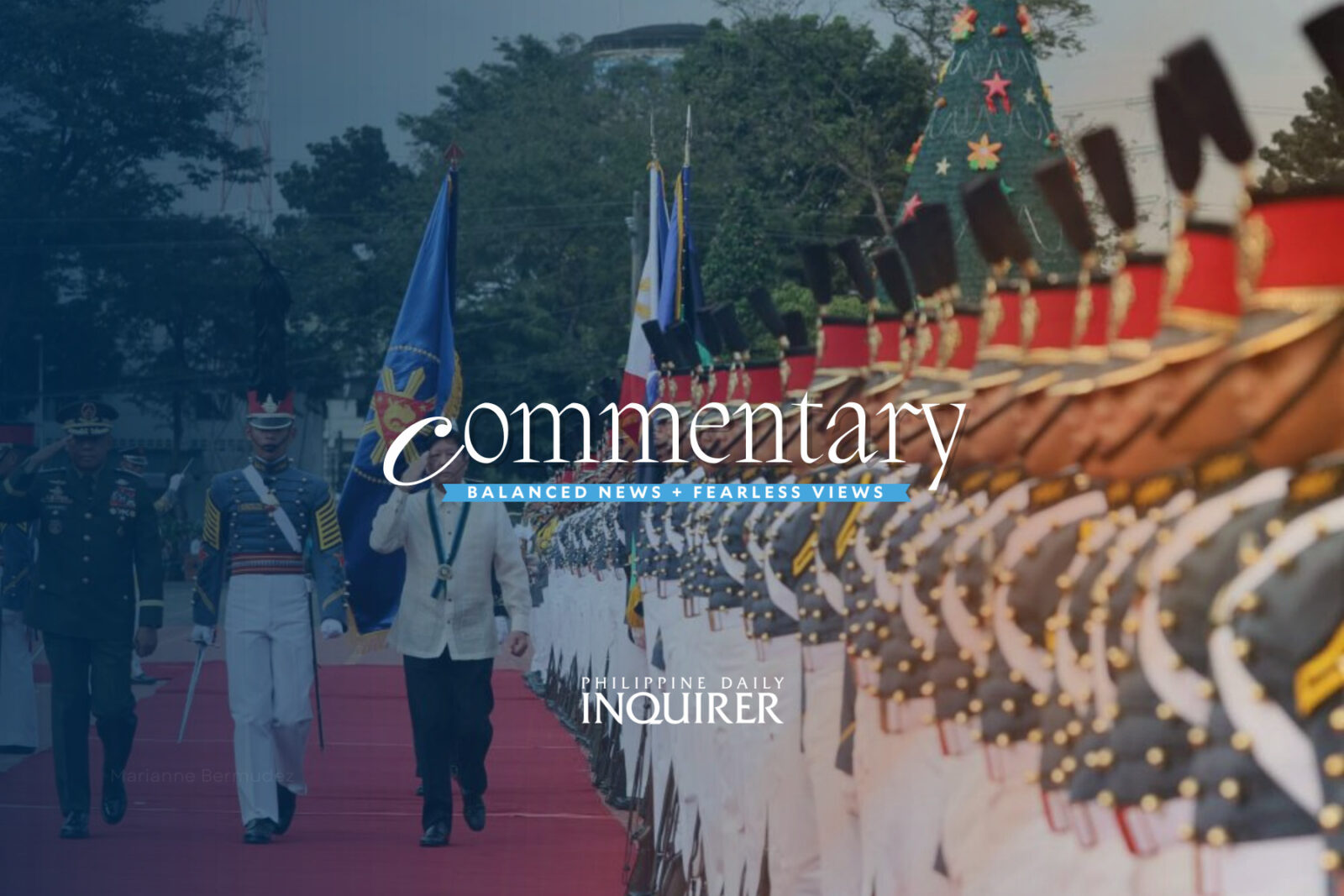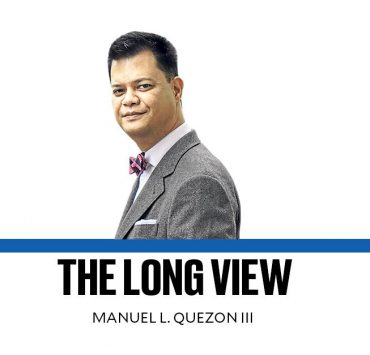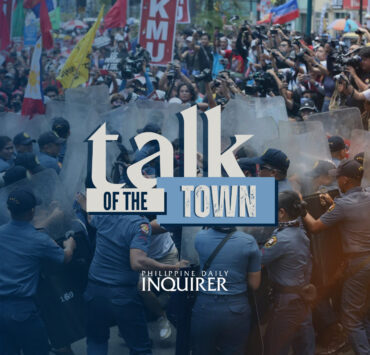Southeast Asia and Trump 2.0

Stanford—Nearly 700 million people live in Southeast Asia. Insulting all of them in less than a minute seems an impossible task. But not for Pete Hegseth, the utterly unqualified Trump-appointed Secretary of Defense in the next four years of his second stretch as US president.
On Jan. 14 in Washington, Sen. Tammy Duckworth tested Hegseth’s aptitude in his job. “Can you,” she asked, “name the importance of at least one of the nations in Asean, and what type of agreement we have with at least one of those nations? And how many nations are in Asean, by the way?”
Hegseth dodged the questions: “I couldn’t tell you the exact amount of nations in that but I know we have allies in South Korea, in Japan and in AUKUS with Australia.” As if Asean and Southeast Asia did not exist. As if he hadn’t bothered to learn anything about Asean despite the obvious relevance of Southeast Asia to the peace and security of East Asia, the Indo-Pacific and yes, the United States. And did Hegseth really believe that Australia, Japan, and South Korea are Asean member countries?
Hegseth’s ignorance implicates his likely future boss. Trump’s first chaotic presidency (2017-2021) ran through six different secretaries of defense. I met one of them, Jim Mattis, at Stanford University. What impressed me about him was that apart from his combat experience, he realized the importance of the security-focused diplomacy needed to avoid physical war. That mattered far less to Trump than Mattis’ humorous nickname “Mad Dog,” which appealed to Trump’s fascination with violence and masculinity.
Hegseth has catered to Trump’s macho bias by styling himself above all as a “war fighter.” If Trump copies Putin-style imperialism by threatening to absorb Canada, punish Panama and/or grab Greenland, will Hegseth, the “war fighter,” object? Unlikely, despite the overwhelming evidence that Trump is not a war fighter but a war dodger, who claimed to have been deferred from being drafted in Vietnam due to “bone spurs”.
The news on Trump’s pick for secretary of State is less alarming. Marco Rubio, unlike Hegseth, has long been familiar with, and active, in foreign affairs. In his 14 years of service in the US Senate, his direct experience in Asia was limited to a single week spent visiting Japan, South Korea and the Philippines. But at least he considers the US’ commitments in foreign policy and diplomacy “critically important,” while his strong opposition to Beijing has not precluded engaging China on economic matters. He rejects isolationism in foreign affairs and favors both agency and prudence by the US abroad. In 2016 he described Trump as “the most vulgar person to ever aspire to the presidency” of the US.
Rubio has since reversed course, praising his future boss. But the “vulgar” charge could come back to haunt him. If he plays too independent a foreign policy role in Trump’s Cabinet, Rubio might be subjected to his vengeance-obsessed boss’ favorite blurb from his short-lived TV stint: “You’re fired!”
As for Indonesia, various issues could impede its relations with the US during Trump 2.0. Trump hates US trade deficits, loves US tariffs, and is mostly indifferent if not hostile toward multilateral arrangements, including with Asean. He and his profit-seeking family are more interested in owning hotels and golf courses in Indonesia than in helping its people reduce poverty while enabling democracy. President Prabowo Subianto’s Indonesian advisors may advise him to cater to Trump’s insatiable ego, which was standard procedure among leaders who had hosted him during his first term.
But the greater challenge will arise among the middle- and lower-rung managers in Trump’s top-down ladder. At those levels, his indifference and inattention could prove constructive by reducing, to a point, the risk of disruptive micromanagement from the White House.
Finally, worth noting is the ironic inversion of Indonesian American relations between B.J. Habibie and Jimmy Carter in the 1990s compared with the imminent interactions of Prabowo and Trump in the 2020s. Carter helped Habibie legitimize democracy in Post-Soeharto Indonesia, while Prabowo has inherited a democracy already compromised by his predecessor, Joko Widodo.
The view from Jakarta is that the US can hardly encourage Indonesia’s democrats. The prospect that in 2025-2029 Trump could badly damage American democracy, that he’d corrupt, weaken, or even destroy it, raises an intriguing if thoroughly hypothetical question: The “DeKalb mafia” of Indonesian graduates of Northern Illinois University and other US universities helped democratize Indonesia after Soeharto. Has the time now come for a young, anti-authoritarian, anti-nepotism “Indonesian mafia” of reformers to help their American counterparts innovate and nurture reformasi in the US? The Jakarta Post/Asia News Network
—————-
The Philippine Daily Inquirer is a member of the Asia News Network, an alliance of 22 media titles in the region.

















